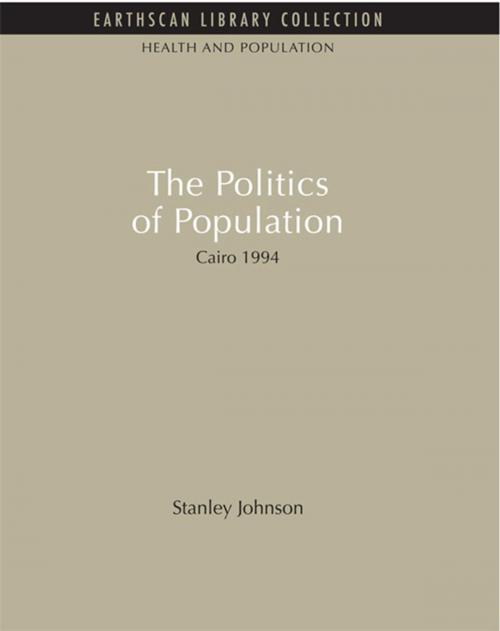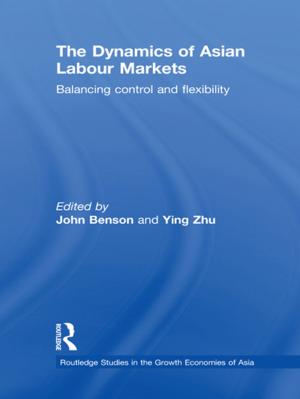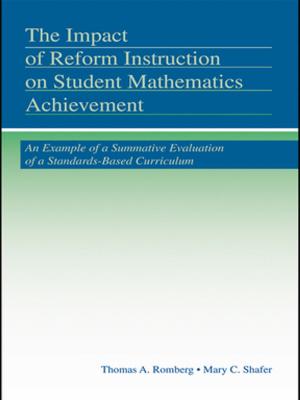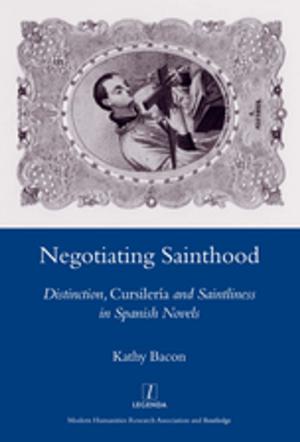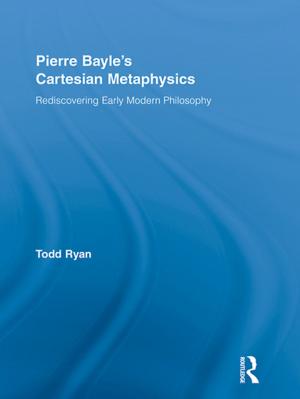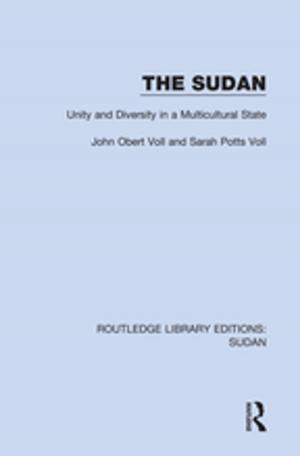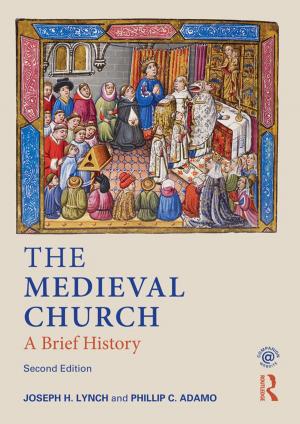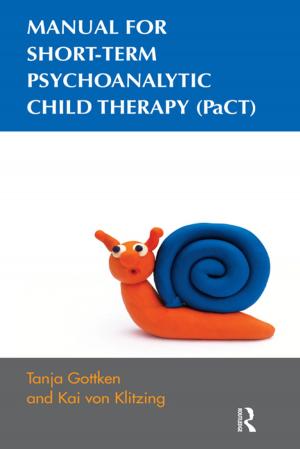The Politics of Population
Cairo 1994
Nonfiction, Social & Cultural Studies, Social Science, Demography| Author: | Stanley Johnson | ISBN: | 9781134066179 |
| Publisher: | Taylor and Francis | Publication: | November 5, 2013 |
| Imprint: | Routledge | Language: | English |
| Author: | Stanley Johnson |
| ISBN: | 9781134066179 |
| Publisher: | Taylor and Francis |
| Publication: | November 5, 2013 |
| Imprint: | Routledge |
| Language: | English |
The International Conference on Population and Development in Cairo in 1994 represented a remarkable watershed. Not only did it produce an unprecedented degree of agreement among the 179 countries and thousands of non-governmental organizations taking part, it also created a wide-ranging Programme of Action which for the first time offers real chances of progress, by putting population policies at the heart of the struggle for social development. This book recounts what actually happened in Cairo and how it was achieved. The early chapters look in some detail at the preparations for Cairo, in the context of over three decades of attempts to integrate population, development and environmental issues. Focusing on the key controversial questions, including abortion, contraception and adolescent sex, it examines the ways in which attempts were made to reconcile opposing positions. Setting the discussion in a much wider context, it argues that Cairo witnessed a 'quantum leap' in the way the population issue is seen, and the need to give them control over their own lives, - central to the discussion about population, resources and development. The Programme of Action which emerged from the conference, particularly the parts dealing with gender issues (included here in appendices), is the most forward-looking ever adopted. As a whole the Programme is probably one of the most important social documents of our time. This book captures both the drama and the detail of its creation. Stanley Johnson edited The Population Problem (1974) and is the author of World Population and the United Nations (1987) and World Population � Turning the Tide (1994), as well as numerous other books, including eight novels. Originally published in 1995
The International Conference on Population and Development in Cairo in 1994 represented a remarkable watershed. Not only did it produce an unprecedented degree of agreement among the 179 countries and thousands of non-governmental organizations taking part, it also created a wide-ranging Programme of Action which for the first time offers real chances of progress, by putting population policies at the heart of the struggle for social development. This book recounts what actually happened in Cairo and how it was achieved. The early chapters look in some detail at the preparations for Cairo, in the context of over three decades of attempts to integrate population, development and environmental issues. Focusing on the key controversial questions, including abortion, contraception and adolescent sex, it examines the ways in which attempts were made to reconcile opposing positions. Setting the discussion in a much wider context, it argues that Cairo witnessed a 'quantum leap' in the way the population issue is seen, and the need to give them control over their own lives, - central to the discussion about population, resources and development. The Programme of Action which emerged from the conference, particularly the parts dealing with gender issues (included here in appendices), is the most forward-looking ever adopted. As a whole the Programme is probably one of the most important social documents of our time. This book captures both the drama and the detail of its creation. Stanley Johnson edited The Population Problem (1974) and is the author of World Population and the United Nations (1987) and World Population � Turning the Tide (1994), as well as numerous other books, including eight novels. Originally published in 1995
